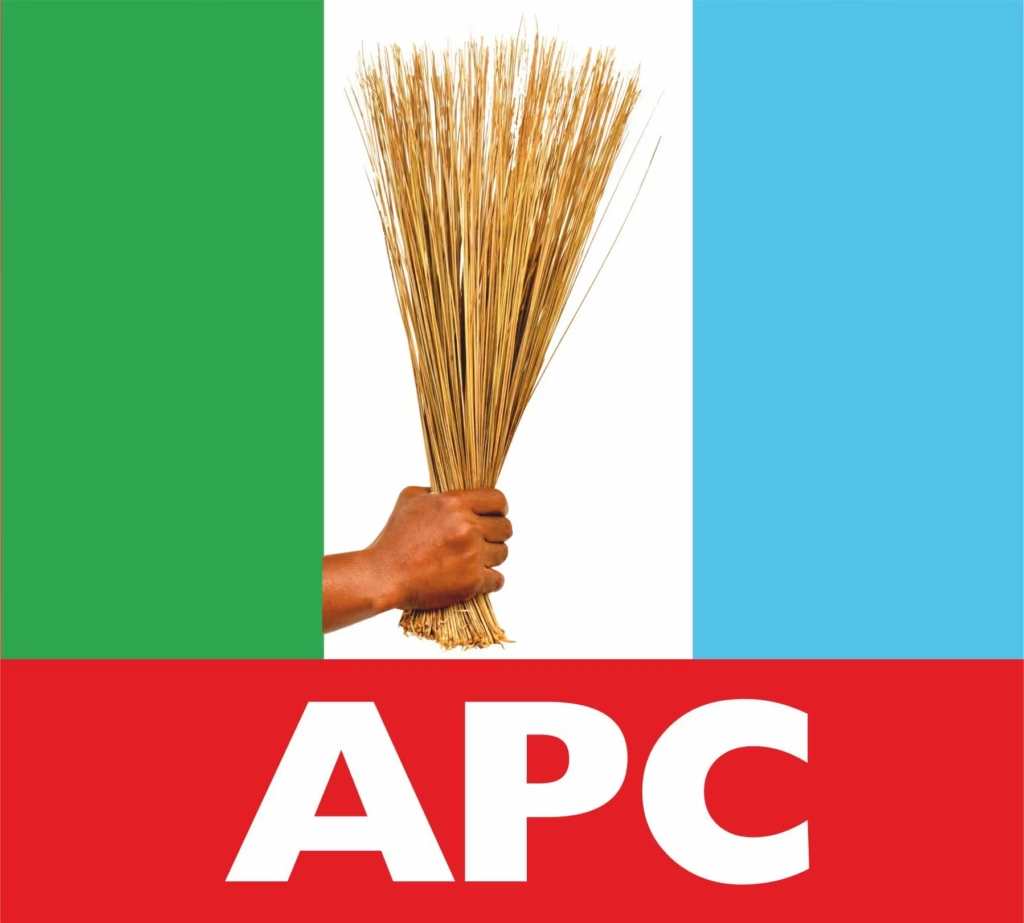The ruling party in Nigeria’s Lagos State, the All Progressives Congress (APC), has strongly rebuked the opposition African Democratic Congress (ADC) for alleging that President Bola Tinubu is exploiting the passing of former President Muhammadu Buhari for political purposes. The APC labeled the claims as unfounded and inappropriate, arguing that Tinubu’s participation in memorial events represents sincere respect rather than opportunism.
In a sharply worded statement released on Saturday, APC spokesperson Seye Oladejo accused the ADC of attempting to weaponize a moment of national mourning for political gain. He emphasized that Buhari, who governed Nigeria from 2015 to 2023, should be honored with dignity. “It is regrettable that the ADC, in its quest for attention, has chosen to demean a period of collective grief,” Oladejo said. “President Tinubu’s tributes stem from a longstanding partnership built on shared goals for Nigeria’s progress, not political calculation.”
The dispute arose after the ADC criticized Tinubu’s public engagements following Buhari’s death, framing them as an effort to consolidate political influence. The APC dismissed this assertion, stressing that Tinubu’s expressions of solidarity align with statesmanship. Oladejo noted the two leaders’ alignment on democratic values and national development during their time in office, countering accusations of insincerity.
He further criticized the ADC’s diminished electoral standing, arguing that its remarks reflect a disconnect from public sentiment. “Instead of fostering unity, the ADC is manufacturing divisions through reckless rhetoric,” Oladejo stated, calling the party’s stance hypocritical and urging it to apologize to Buhari’s family, Nigerians, and the presidency.
The APC’s response underscores heightened tensions within Nigeria’s political landscape as the nation navigates economic challenges and security concerns. The statement reiterated Tinubu’s focus on governance priorities, including economic recovery and safeguarding the legacies of past leaders. “At this critical juncture, trivializing the memory of a statesman only distracts from the urgent work ahead,” Oladejo added, appealing for solidarity over partisan conflict.
The clash highlights recurring debates about the boundaries of political discourse during periods of national reflection. Observers note that the ADC, a smaller opposition party, faces an uphill battle to sway public opinion, while the APC seeks to reinforce its narrative of leadership stability. As Nigeria continues to honor Buhari’s legacy, the incident raises questions about how political actors balance criticism with collective respect for historical figures.
